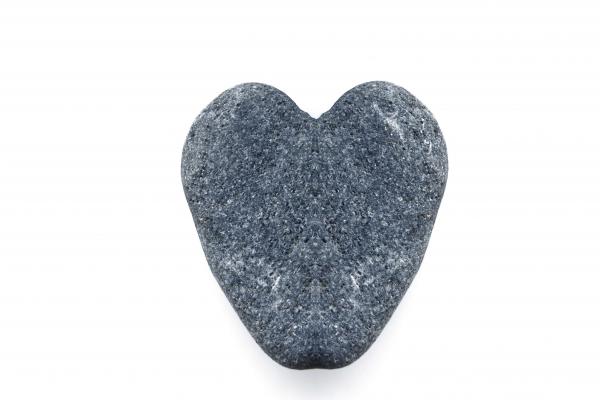Apr 3, 2017
It is the tragedy of Christianity that the first hate crime in our constellation of texts is Matthew’s, in his telling the story of the passion. Jesus was a great teacher, an inspiring healer, and a man whose radical compassion touched everyone — women without honor, under-employed fisher folk, Roman soldiers, gentiles, Samaritans, scholarly Pharisees. The hearts of Palestinian Jews flocked to him, and this terrified the Romans. They tried to abort his movement by making his death a spectacle of cruelty and unutterable degradation.
Read the Full Article

Already a subscriber? Login
